ARMENIA and AZERBAIJAN: the Nagorno-Karabakh conflict
I. Origins of the tensions
In 1921, Stalin decided to make Nagorno-Karabakh belong to Azerbaijan (Muslim country). It thus became an independent region of Azerbaijan in 1923. Historically and demographically, this region was Armenian (Christian people) but Stalin wanted both to punish Armenia for its criticism of Bolshevism and to favour Turkey who was close to the Azeris (an ethnic minority present in the Russian Caucasus).
However, at the end of the 1980s and in 1991 during the dissolution of the USSR, Armenia and the leaders of Nagorno-Karabakh claimed that this region had to be tied back to Armenia.
While both Armenia and Azerbaijan became independent republics, Nagorno-Karabakh tried to secede from the latter. As a consequence, Azerbaijan launched military operations to keep the region under control and then established a blockade. In 1994, after violent confrontations between Armenian and Azerbaijani armed forces, Armenia managed to seize Nagorno-Karabakh.
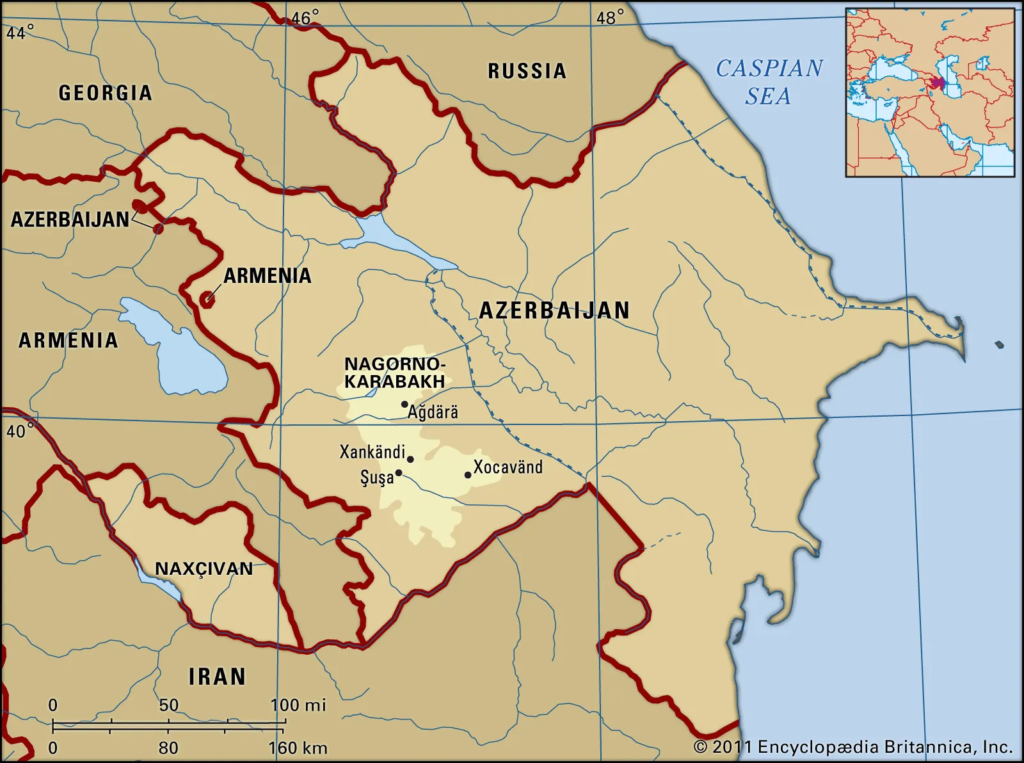
II. Current situation
Since 1992, the Minsk group (different from the one for Ukraine), co-presided by Russia, the US and France, holds negotiations within the framework of the Organization for Security and Co-operation in Europe (OSCE) to settle the dispute between the two neighbours.
In front of Azerbaijan’s demand to recover territorial integrity, Armenia plays the card of the right of a people to self-determination.
Even though it is not as simple as that, we can basically say that Russia, Iran, India and France support Armenia while Turkey, Pakistan and Israel endorse Azerbaijan.
Fighting resumed in 2016 until Russia imposed a cease-fire. During this military clash, Azerbaijan conquered some parts of Nagorno-Karabakh at the expense of Armenia.
Nevertheless, when Nikoi Pashinyan became president in Armenia in 2018, he initiated an appeasement of tensions and endeavoured to renew dialogue with his Azerbaijani counterpart.

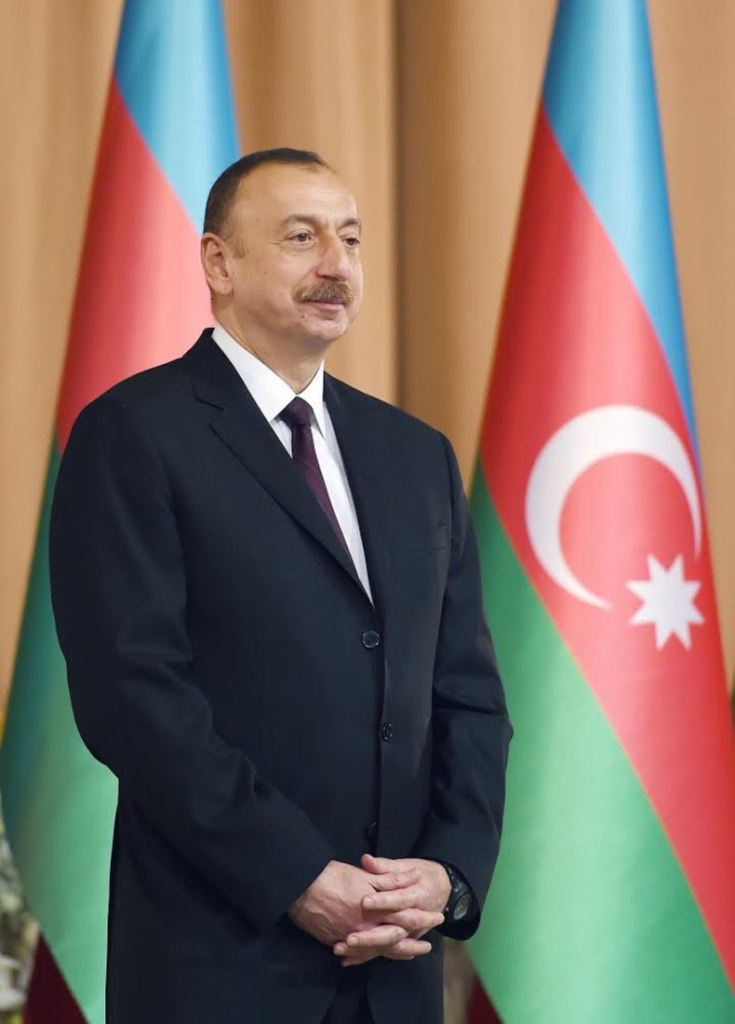
The situation couldn’t remain stable though and in 2020 heavy fighting broke out along the border. Over the course of 6 weeks, more than 7 thousands of soldiers and civilians died. Russia eventually brokered a cease-fire between the two belligerents and sent peace-keeping troops to the disputed region. As a result of this conflict, Azerbaijan reclaimed most of the territories it lost in 1994.
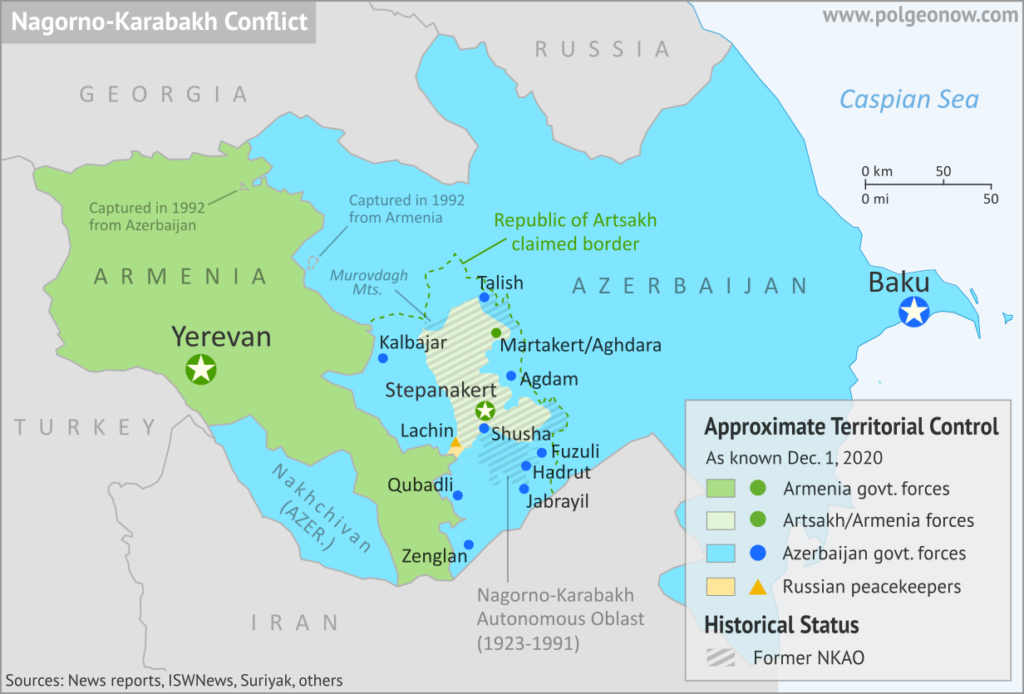
Despite the cease-fire, tensions escalate regularly with cross-border attacks as well as with long-range artillery shelling. A major clash occurred during few days in September 2022 and each party blamed each other for being at the origin of it.
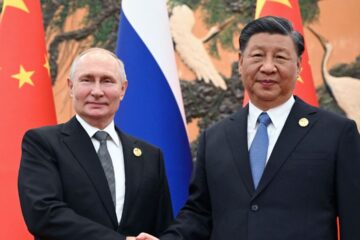
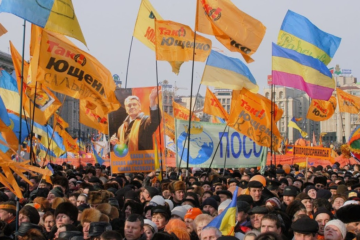

3 Comments
биржа gate io отзывы · 20 February 2023 at 6:01 pm
I agree with your point of view, your article has given me a lot of help and benefited me a lot. Thanks. Hope you continue to write such excellent articles.
TURKEY and RUSSIA : a strategic alliance ? - geopol-trotters · 4 February 2023 at 4:08 pm
[…] the conflict between Armenia and Azerbaijan, again Russia and Turkey end up facing each other. Turkey has Azerbaijan’s back while Russia is […]
Religious Communities in the Middle East - geopol-trotters · 30 November 2022 at 9:14 pm
[…] of the rights of the oppressed and aggrieved. Shia Muslims are the majority in Iran, Iraq, Azerbaijan and Bahrain. They outnumber Sunnis in […]